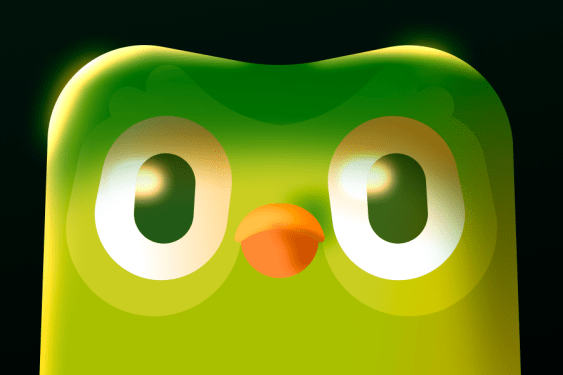Duolingo announced on Wednesday that it exceeded its quarterly revenue estimates, despite facing widespread backlash for prioritizing generative AI over human workers. Following the news, Duolingo’s stock rose nearly 30%.
In April, CEO Luis von Ahn revealed that Duolingo would transition to an “AI-first” company, reducing its reliance on contract workers. He also advised teams against hiring more employees unless automation was not feasible. Leveraging generative AI, the company launched 148 new language courses, more than doubling its previous offerings. Von Ahn emphasized that without AI, scaling content to reach more learners would have taken decades, stating, “We owe it to our learners to get them this content ASAP.”
While some users argue that AI has degraded the app’s quality, Duolingo’s financial performance tells a different story. The company now expects to surpass $1 billion in revenue this year, with daily active users growing by 40% year-over-year. Though this growth is substantial, it falls at the lower end of the company’s projected 40% to 45% range—a point raised during Wednesday’s earnings call.
Von Ahn acknowledged that the backlash stemmed from insufficient context around his AI comments, which affected social media sentiment. “We stopped posting edgy content and focused on positive messaging, which has worked,” he explained.
On TikTok, criticism of Duolingo’s AI strategy persists, with users sarcastically questioning whether videos featuring real people were AI-generated. The company responds by crediting its team.
Despite shifting public opinion, Duolingo’s financial success remains unchanged—and for the company, that’s what truly matters.

